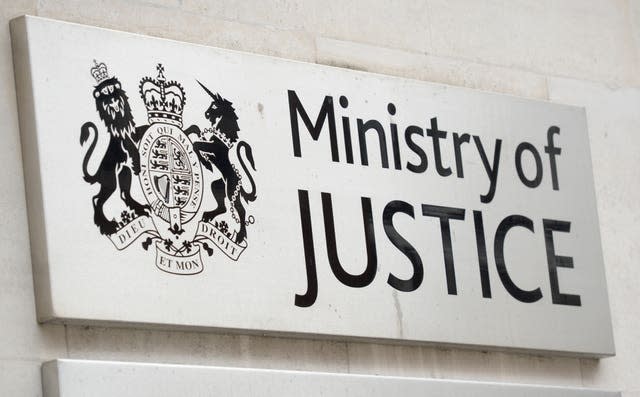Terrorist sues MoJ over ‘unlawful’ changes to licence after London Bridge attack
A convicted terrorist previously jailed alongside Usman Khan as part of an al Qaida-inspired terror group is suing the Ministry of Justice for “unlawfully” imposing new conditions on his licence after the London Bridge attack.
Omar Latif, 36, was one of nine men jailed in 2012 for terrorism offences relating to a plot to bomb the London Stock Exchange and build a terrorist training camp in Pakistan.
Latif, from Cardiff, was sentenced to 10 years and four months’ imprisonment for attending meetings with the intention of assisting others to prepare or commit acts of terrorism.
Sentencing him at Woolwich Crown Court, Mr Justice Wilkie said of Latif: “By his presence at those meetings he was contributing by encouraging the others to form the intention to commit those terrorist acts and to prepare for them.”
Latif was automatically released from prison at the halfway point of his sentence in February 2016, but was recalled to prison in September that year over allegations he tampered with his electronic monitoring tag.
Latif, who said the damage to his tag most likely occurred when he was playing football, was again released on licence in May 2018 on terms set by the Parole Board.
On November 29 2019, Khan fatally stabbed Jack Merritt, 25, and Saskia Jones, 23, during a prisoner rehabilitation event at Fishmongers’ Hall in central London while out on licence.
Five days later, Latif, who says he has had “no contact” with Khan since they were in the same prison in 2016, was told that “senior officials” at the MoJ had imposed new conditions on his licence.
His lawyers say the additional conditions, which prevent him from attending “any meetings or gatherings of more than 50 people” or entering the City of London without prior permission, are unlawful.
At a High Court hearing on Wednesday, Dan Squires QC said Justice Secretary Robert Buckland appeared to have “personally” requested additional licence conditions for all terrorist offenders following the London Bridge attack.

Mr Squires argued the Ministry of Justice (MoJ) “has no power unilaterally to add to or vary conditions on (Latif’s) licence without the approval of the Parole Board”, meaning the new conditions were unlawful.
The barrister said in written submissions: “The changes to the claimant’s licence were not made because of any change to the risk he posed or anything he had said or done.
“His behaviour in the 18 months following the Parole Board directing his release on May 14 2018 had been exemplary and he was making good rehabilitative progress within the community.”
He added: “Even if there was a justification for changes to licences to be made in the immediate aftermath of the London Bridge attack while assessments of risk were conducted, which is not accepted in the claimant’s case, there is no justification for the additional conditions to remain on the licence more than one year on.”
Mr Squires told the court: “The fact that another individual on licence committed a terrorist attack, in which it is not suggested the claimant played any part or had any involvement or prior knowledge, plainly does not constitute sufficient evidence that the claimant’s risk had increased.
“Nor can it properly be said that the fact that Khan committed the attack of November 2019 while on licence conditions set only by the defendant demonstrated that the claimant’s risk had been underestimated.”
Latif “had no involvement in, or prior knowledge of, the London Bridge attack” and was “horrified to hear of the attack and the role of Khan in it”, Mr Squires said.
He added: “No explanation has been provided as to why the fact Khan happened to be the claimant’s co-defendant in relation to an index offence committed nearly a decade earlier is relevant to the claimant’s current risk.”
The MoJ is defending Latif’s claim and argues that the additional licence conditions imposed on him are lawful.
The hearing before the Lord Chief Justice Lord Burnett and Mr Justice Swift is expected to conclude on Thursday morning.


